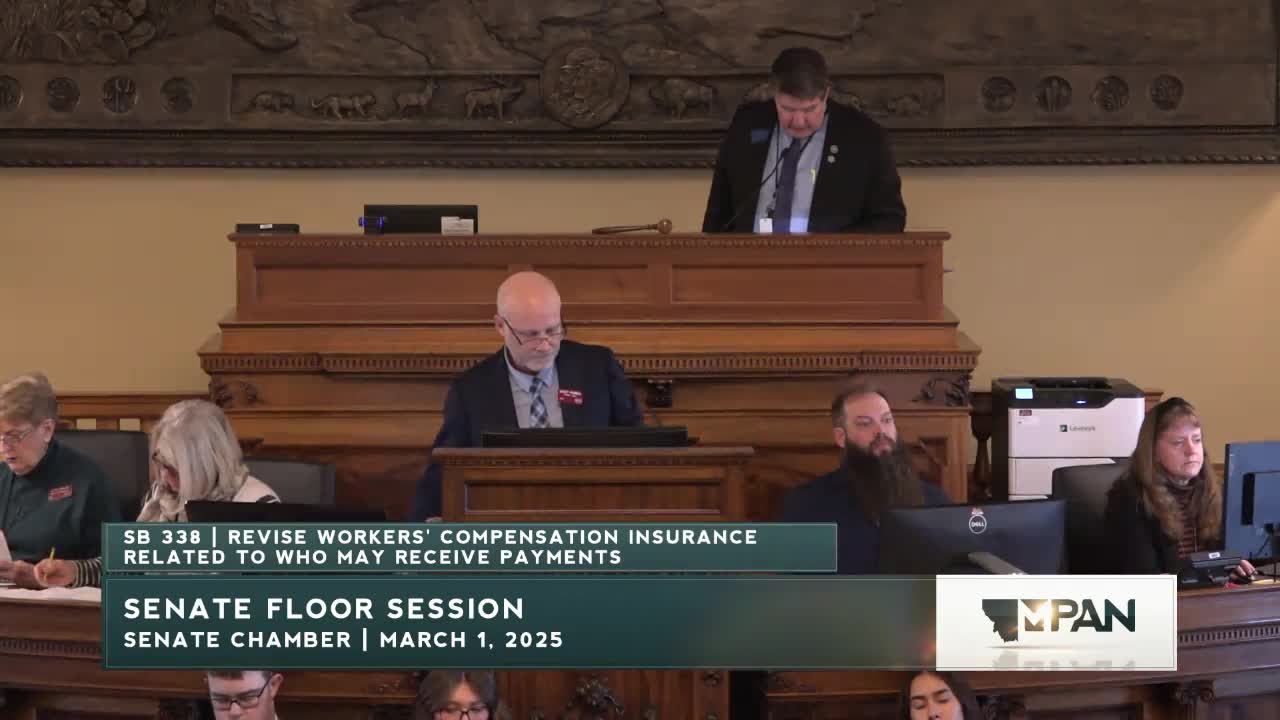Senate panel advances bill requiring periodic voter review of some local levies after hourslong debate
Get AI-powered insights, summaries, and transcripts
Subscribe
Summary
The Montana Senate advanced Senate Bill 204, which would limit the duration of certain voted mill levies and require renewal votes for many local levies; senators debated carve-outs for schools, emergency services and other levies before the bill passed second reading.
The Montana Senate’s committee recommended approval Tuesday of Senate Bill 204, a measure that would limit how long certain voted mill levies remain in effect without voter reauthorization and require many levies to be reconsidered on a roughly decadal cycle.
Supporters, led on the floor by Sen. Janet Hertz, said the change would give taxpayers periodic opportunities to reassess nonessential or peripheral levies such as some parks and recreation and other local funds. “This puts you in the driver’s seat,” Hertz said, asking colleagues to give voters a chance to decide whether levies passed years earlier still reflect current priorities.
Opponents, including members who represent rural and fast-growing cities, warned the measure would armchair local budgeting decisions in Helena and could destabilize local services that rely on voted levies. Sen. Fowke said levies are “an essential tool in the toolbox” for communities with infrastructure, emergency services and deferred maintenance needs and argued frequent renewal elections would add cost and uncertainty.
Lawmakers adopted an amendment offered during floor debate that narrows the bill’s scope to exempt school operating levies, certain community college levies, and the major public-safety levies identified in the amendment (schools, law enforcement, fire protection and emergency medical services). Sponsors said the amendment reflected public and stakeholder concerns raised in committee hearings and phone contacts with local governments.
The amended bill passed second reading by a roll-call vote of 30-20. Supporters said the change returns choice to voters for many nonessential levies; critics said it would shift recurring local budget decisions into repeated election campaigns and could raise costs for county and municipal courts and election administration.
Next steps: the bill will proceed to a third reading on the Senate floor. If enacted as amended, levies meeting the bill’s criteria would be subject to the new renewal schedule described in the statute.
Ending: Senate debate showed clear geographic and philosophical divisions: senators from larger, fast-growing cities emphasized taxpayers’ appetites for services and warned of unintended costs, while many senators representing multiple rural counties urged periodic public review of levies passed years earlier. The bill’s final form and any additional amendments at third reading will determine what levies are affected and when.
